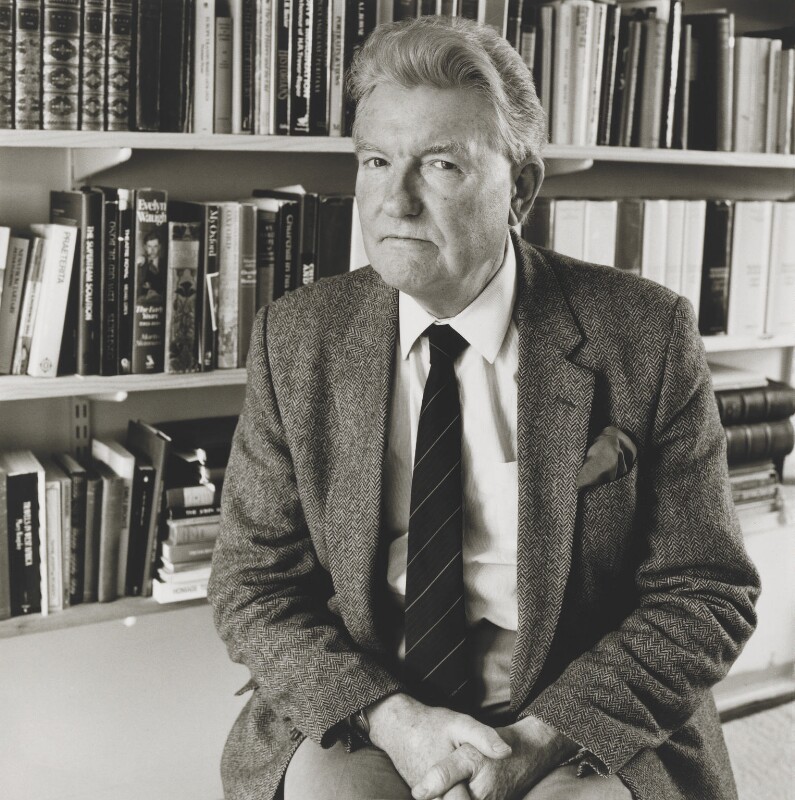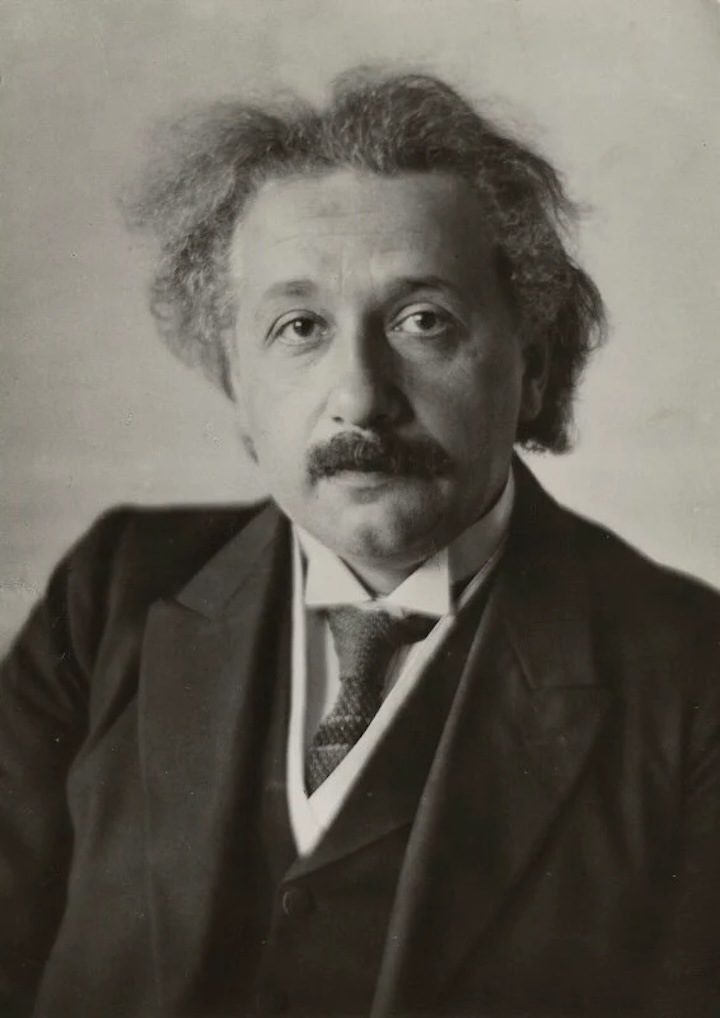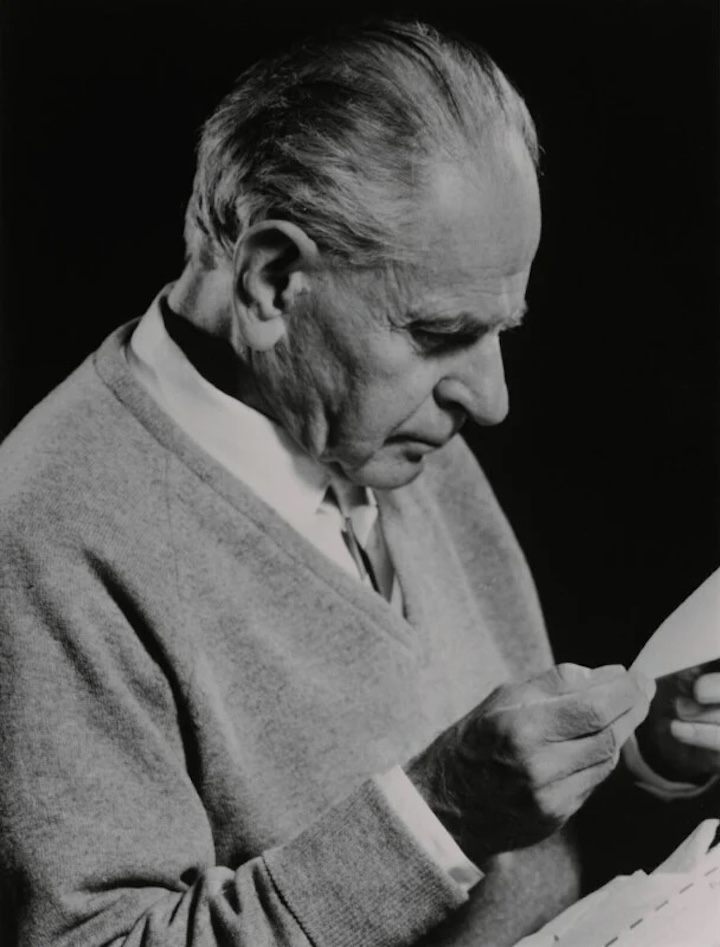“The modern world began on 29 May 1919 when photographs of a solar eclipse, taken on the island of Principe off West Africa and at Sobral in Brazil, conformed the truth of a new theory of the universe.” This is how historian Paul Johnson began his remarkable book Modern Times: The World from the Twenties to the Nineties.
I had the privilege of viewing the recent total solar eclipse. I found it somewhat interesting. But I imagine Sir Arthur Eddington was more excited when he viewed one on the island of Principe in 1919, because the photographs he took helped demonstrate the truth of Einstein’s theory of relativity. Einstein had predicted that the light from stars behind or next to the sun, visible only during a total solar eclipse, would be bent a certain amount by the sun’s gravity. Eddington photographed those stars and when he measured the arc of the light, he found they matched Einstein’s predictions. The news went round the world, Einstein became a global star. And science had a new paradigm.
This story is fascinating for those of us interested in science, but why does Paul Johnson say that it marked the beginning of the modern world? One of the unfortunate consequences of Einstein’s theory was that many people thought it had proven that “everything is relative.” In other words, they mistook relativity for relativism, something Einstein never envisaged and a connection he never embraced. And tracing the tragic results of that moral relativism in the twentieth century was one of the underlying themes of Johnson’s book.

But as Johnson points out, “It was a measure of Einstein’s scientific rigor that he refused to accept that his own theory was valid” until all the experiments he had proposed to test it were met. “What impressed me most,” philosopher of science Karl Popper would write, “was Einstein’s own clear statement that he would regard his theory untenable if it should fail in certain tests. . . .Here was an attitude utterly different from the dogmatism of Marx, Freud, Adler and even more so that of their followers. . . .This, I felt, was the true scientific attitude.”
So perhaps we can take two lessons from this little story.
The first is the danger of deriving facile cultural or moral conclusions from scientific explanations of the physical world. It simply does not follow from the Theory of Relativity that “everything is relative” – in fact, what the theory says is that the laws of physics will be the same in all inertial frames of reference – not that all moral principles are “relative.”
The second lesson is the danger of trusting “popularizers of science” rather than examining rigorously what the scientific evidence really shows or doesn’t show or shows only as likely but not certain.

Like Popper, what impresses me about Einstein is his insistence that his theory had to be tested and proven with solid, empirical evidence. Popper would later claim that the difference between authentic science and pseudo-science or “quackery” is precisely the possibility of this sort of “falsifiability.” If a theory can never be proven wrong, then it can also never be proven right, so it’s not real science (from the Latin scientia, meaning “knowledge”). We need more good science and less trumpeting of the results of pseudo-science.
Indeed, as someone who studied and admires science, I often think we need to bring a more “scientific” outlook to administration and politics. By this, I don’t mean that decisions should be “data-driven,” although getting good data and interpreting its meaning properly is an important first step. What I mean is that I would like to see more administrators and politicians state up front what results they believe will occur if their proposal is adopted. Then, in three months, six months, and a year, an assessment should be made to see whether the results matched predictions. If not, then the original proposal should be rejected or revised. But it is irrational to keep doing the same thing expecting different results.
I can’t tell you how many times in universities we find ourselves in bad situations and people ask, “How did we get here?” The answer is usually: “We did x thinking y would happen, but instead we got z, and now we’ve got two problems instead of one.” Usually, this is followed by an allegedly brilliant proposal, so that in a year, when we’re in more hot water, no one looks back and says, “Our presuppositions were wrong, and we need to correct our errors.” Instead, we get yet another brilliant plan with no sense that certain presuppositions have been “falsified.”

It doesn’t matter how bad the results are; certain people will still persevere in maintaining their theory – or perhaps we should call it their “ideology,” which as Václav Havel pointed out, “is a specious way of relating to the world.”
Science, when done right, is an honest way of relating to the world. And one sign of its honesty is that it’s always open to correction. And since Christians believe that in doing science, they are seeking to understand the handiwork of God Himself, they should never allow their own ideology or egos to substitute for God’s own word as revealed in the Book of Nature.
We need much less stuff passing itself off as “scientific,” which is simply ideology cloaked in meaningless data or verbiage posing as “scientific,” but isn’t, because its consequences are never honestly assessed, its failures are never acknowledged, and its results can never be falsified.
I prefer good science. We need more of it.
__________
You may also enjoy:
Cardinal Joseph Ratzinger Opposing the dictatorship of relativism
Robert Royal Beyond the Dictatorship of Relativism














